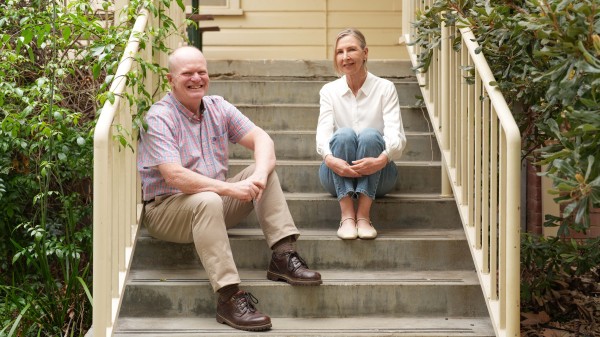ANU summer school for Indigenous science students
Indigenous school students with a passion for science and engineering are getting a taste of university life at The Australian National University (ANU) this week.
The week-long National Science and Engineering Summer School for Indigenous Students will give 17 year-10 and year-11 students from around Australia a chance to experience the wealth of possibilities within science and engineering disciplines.
“The Summer School is a great opportunity for the world-leading educators in the sciences at ANU to share their knowledge with our young people, and to inspire them to look at sciences as an important avenue of study,” said Anne Martin, Director of the Tjabal Indigenous Higher Education Centre.
“This is a fantastic opportunity for these young people, but it is just as important for our academics to have real engagement with Aboriginal communities.
“When our young people from rural, remote, and urban areas come together, they inspire us here at ANU. Engaging with global issues can inspire these students for the future so they can take these ideas back to their communities.”
The students will take part in hands-on activities such as making cheap medicines, tracking eye movements with computing, using drones to map forests and gazing at the stars at the Mount Stromlo Observatory.
Professor Kirsten Pammer, Associate Dean Teaching and Learning for the ANU Colleges of Science said it is important for students to experience the impact that science, technology, engineering and mathematics (STEM) has on our future, especially when they are considering their subjects for year 11 and 12.
“We know that engagement in STEM is going down throughout the world, particularly in Australia as teenagers are not looking at science as part of their personal plan,” Professor Pammer said.
“So we want these students to experience how interesting and fun science and engineering can be.”
The theme for the Summer School is “global challenges”. Students with have the opportunity to grapple with issues like global health and climate change.
At the end of the week, the students will give group presentations on what they found most interesting and discuss how these global challenges effect their community.
“This program is important because it highlights the wide range of interesting topics that science deals with,” said Stephanie Pollard, an Aboriginal medical student studying at ANU.
“Science isn’t just about wearing lab coats and doing experiments. There are so many sides to science, from engineering to medicine and the environment. It can be really interesting and exciting.
“I did a similar program when I was in high school and it ignited an interest in medicine for me.”
Stephanie has helped plan the program and will support the students during their visit.








